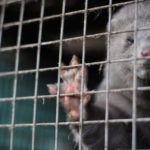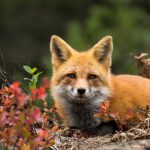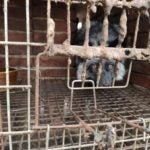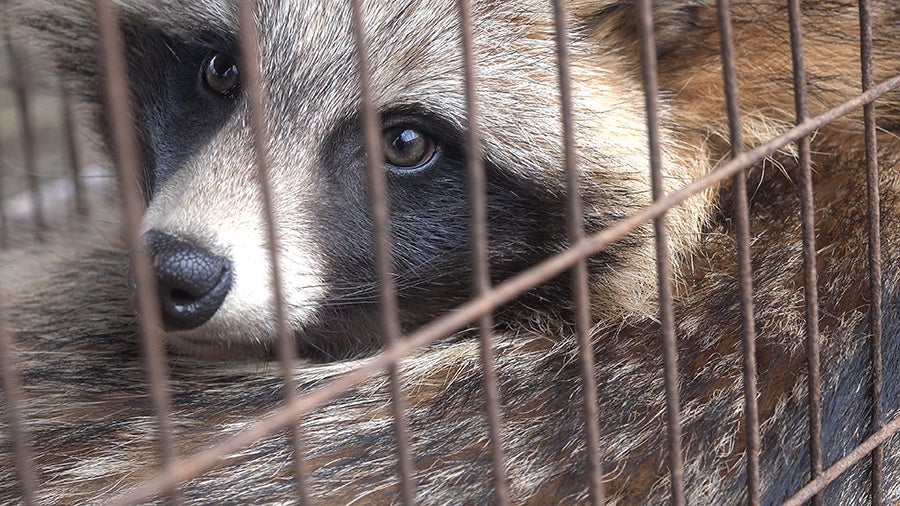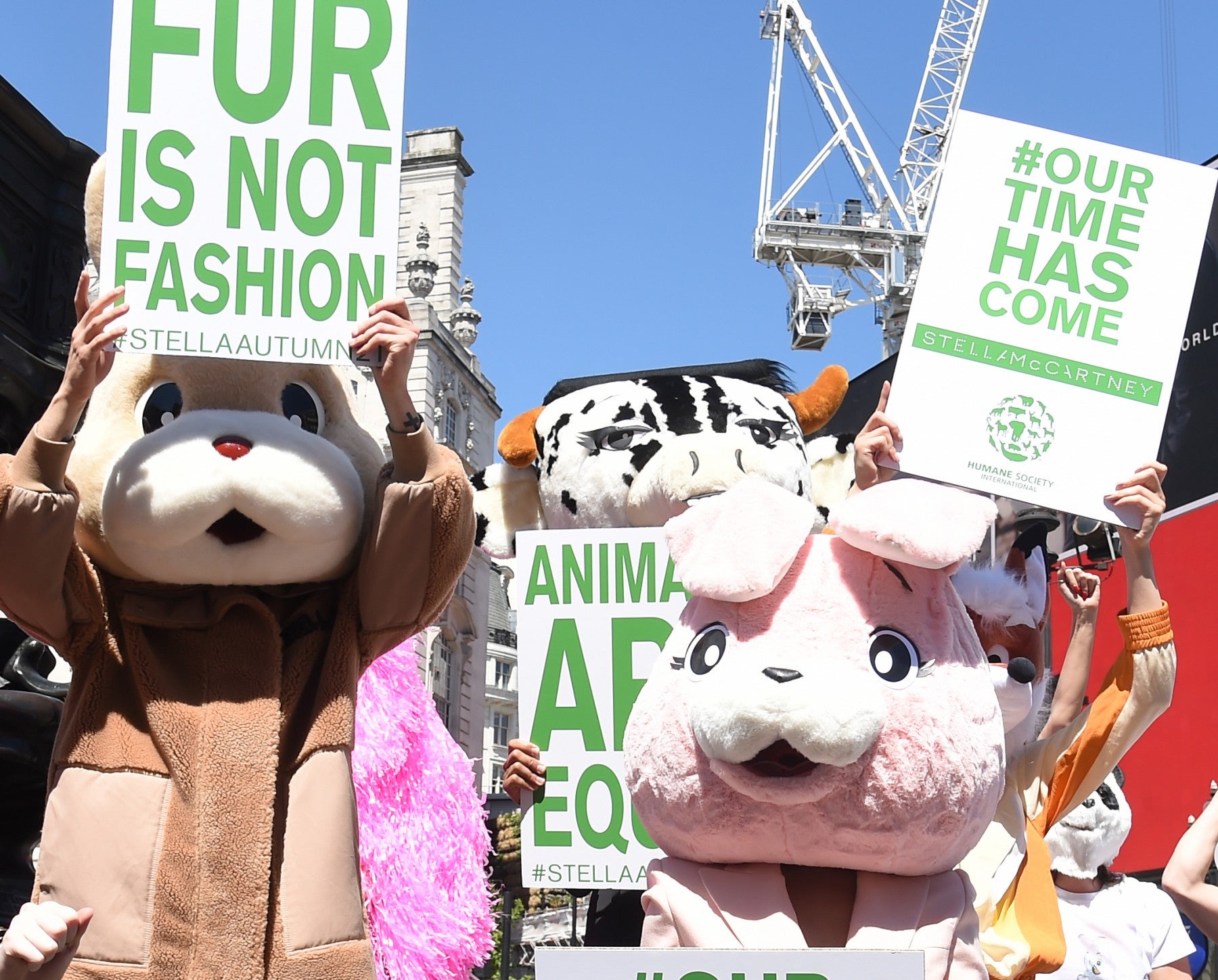
LONDON—A host of celebrities and influencers from the world of music, film, fashion and photography have joined forces with iconic British designer Stella McCartney and global animal protection organisation Humane Society International to call for a global end to fur cruelty. Launched as part of McCartney’s Autumn 2021 ‘Our time has come’ campaign, which dropped earlier this month with a tongue-in-cheek nature mockumentary narrated by British comedian David Walliams, the celebrities posted fur-free video messages on Instagram wearing a variety of animal costumes featured in McCartney’s short film.
In the video messages, Stella McCartney, Sir Paul McCartney and Mary McCartney wearing animal head costumes, call for their audience to sign HSI’s petition to end deadly fur globally. Dame Judi Dench disguised as a bird is joined by singer Leona Lewis, actresses Nathalie Emmanuel, Maggie Q, Kat Graham and Rain Phoenix, influencer Aaliyah Ramsey, model Ariish, photographer Megan Winstone, and activists and content creators Jack Harries of Earthrise Studio and Ed Winters of Earthling Ed. The celebrity posts urge their Instagram and Twitter followers to sign Humane Society International’s petitions for a UK fur sales ban and a global end to fur farming.
The latest phase of the campaign came before the close of the British government’s Call for Evidence to consider the case for a UK fur import and sales ban, something Stella McCartney passionately supports.
Claire Bass, executive director of Humane Society International/UK, says: “Stella McCartney’s new campaign and brand is everything the fur trade isn’t –fresh, innovative, sustainable and cruelty-free. So we’re thrilled to be working with her, and to have the support of so many compassionate celebrities, to magnify the message that the age of fur fashion is dead. As the UK government considers our call for a ban on the import and sale of fur from animals who have suffered overseas, this light-hearted campaign sheds light on a serious subject – the terrible and needless cruelty that is stitched into every fur garment. The vast majority of Brits agree that the time for a #FurFreeBritain is now, and Stella McCartney is a fantastic example of how British brands can lead the world in delivering compassion in fashion.”
Having never used fur, leather, skins or feathers since it launched in 2001, Stella McCartney is asking its global community of changemakers to sign Humane Society International’s Stop Deadly Fur (North America, Europe, Asia) petition calling on all countries to ban fur farming and highlighting the trade’s danger to both human and animal lives during the COVID-19 pandemic.
Every year, over 100 million animals are killed for fur—with Stella McCartney’s use of Fur Free Fur helping prevent 60,000 animal deaths. The brand is also raising awareness for HSI’s Fur Free Britain petition, urging the UK government to ban the import and sale of fur. There is already a strong desire, with 72% of Brits supporting the proposal and a further 93% against wearing animal fur, with fur farms already illegal in the nation.
Key animal-cruelty facts:
- Around 96 million animals are killed in fur farms annually, crammed into small barren wire cages for their entire short, miserable lives—unable to act out their natural behaviours such as running or digging.
- Many millions of wild animals are additionally trapped for their fur each year, including over 3 million in the United States and Canada alone. Wild-roaming coyotes, wolves and foxes are caught in brutal leg hold traps, which are banned or heavily restricted in over 100 countries worldwide due to their cruelty.
- Animals caught in traps can be left for days, unable to seek food, water or shelter, or protect themselves from predators, until the trapper’s bullet or boot puts them out of their misery. In their desperate struggle to break free, the animals can break their teeth or even gnaw off their own limbs.
- There have been outbreaks of COVID-19 in over 400 mink farms in 12 countries across Europe and North America; not only do the mink suffer, but intensive factory fur farms have the potential to act as reservoirs for deadly viruses such as COVID-19 that could affect both human and animal health.
ENDS
Media Contact:
- Wendy Higgins, Humane Society International, director of international media: whiggins@hsi.org



